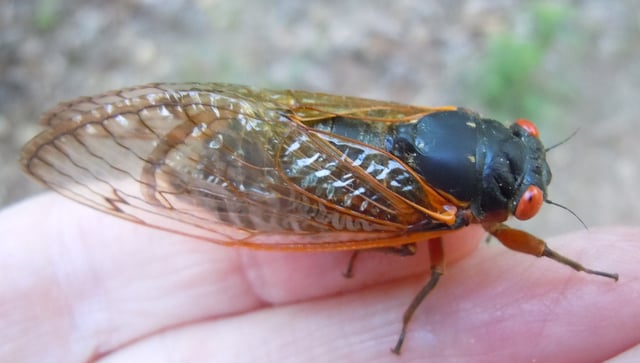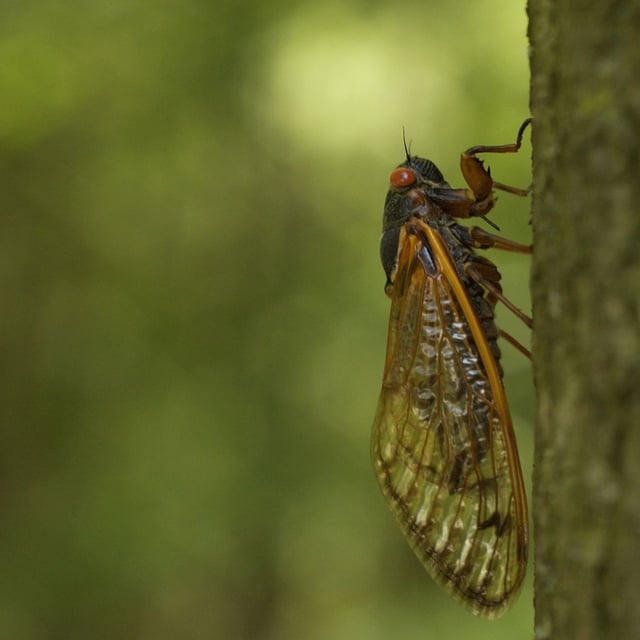Overview
- Brood XIV, a 17-year cicada brood first documented in 1634, is reemerging this spring after its last appearance in 2008.
- The cicadas are emerging in large numbers across the eastern United States, with limited sightings reported in Georgia's Fannin, Lumpkin, Rabun, and Union counties.
- Soil temperatures reaching 64°F act as the trigger for the synchronized emergence of these periodical cicadas.
- Cicadas play an important ecological role by aerating soil, serving as a food source for predators, and enriching the soil with nutrients after they die.
- Some cicadas are being affected by the fungal parasite Massospora cicadina, which alters their behavior to spread fungal spores.

